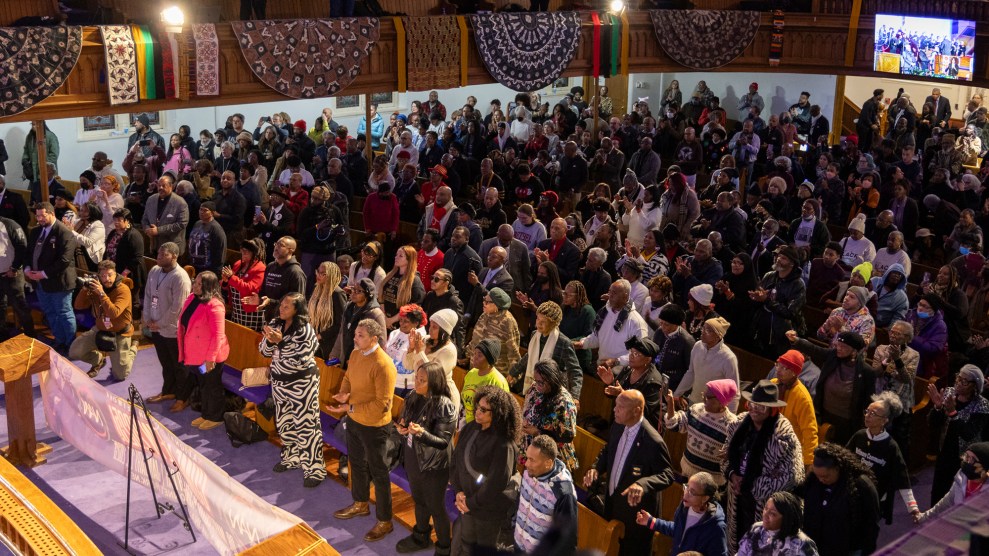Emblazoned across the front of the NRA headquarters in Washington, D.C., is half of this amendment–the second half. It’s a testament to how well the NRA does its job that most Americans probably don’t know about the first half, with its clunky and inconvenient dependent clause. But that’s how the Founding Fathers wrote it. The NRA’s reasons for focusing on its backside are fairly obvious, but what do the courts say about the Second Amendment?
According to Jon S. Vernick and Stephen P. Teret of Johns Hopkins University Injury Prevention Center, the Supreme Court has examined two broad issues involving the amendment’s reach. The first is whether the amendment controls federal law only or whether it also can be extended to the state and local levels. The second is whether it protects individual rights to own firearms, or only collective, “militia” rights.
On the first question, the Court ruled definitively in United States v. Cruikshank that the amendment “means no more than (the right to keep and bear arms) shall not be infringed by Congress.” This 1876 ruling established that states and localities are not prevented from enacting their own gun-control laws–and they remain free to do so to this day.
In 1886, in Presser v. Illinois, the Court reaffirmed the concept of a state’s rights, as it were, to control guns, and this position has never been modified. Therefore, it re-mains the Court’s last word on the subject. Lower courts have time and again held to this precedent.
Regarding the second broad question of individual versus state-militia rights, the Court held in its 1939 United States v. Miller decision that individuals have in effect no right to keep and bear arms under the amendment, but only a collective right having “some reasonable relationship to the preservation or efficiency of a well-regulated militia.” Lower courts have consistently applied the Miller decision in upholding various gun-control laws over the years.
The Supreme Court most recently revisited this question in 1980, when it reconfirmed that “these legislative restrictions on the use of firearms do not trench upon any constitutionally protected liberties.” One significant part of that case is that then Chief Justice Burger and current Chief Justice Rehnquist both supported that interpretation. Burger has denounced the NRA’s edited version of the amendment as a “fraud.”
The legal precedents are clear: Almost any state or local gun-control action is fine; the Second Amendment does not apply. On the federal level, only laws interfering with state militias are prohibited.
There’s really no legal problem with gun control at all. As a legendary sports figure once pointed out, in a different context, “You could look it up.” On the other hand, most Americans (56 percent) don’t want to, since they now agree with the statement, “Although the Constitution provides the right to bear arms, American society has changed to the point that it is too dangerous for this right to continue as originally written.” At this point, the NRA might want to consider putting the front end of that amendment back up at headquarters. It could be worse.
















